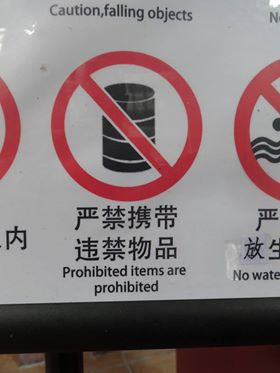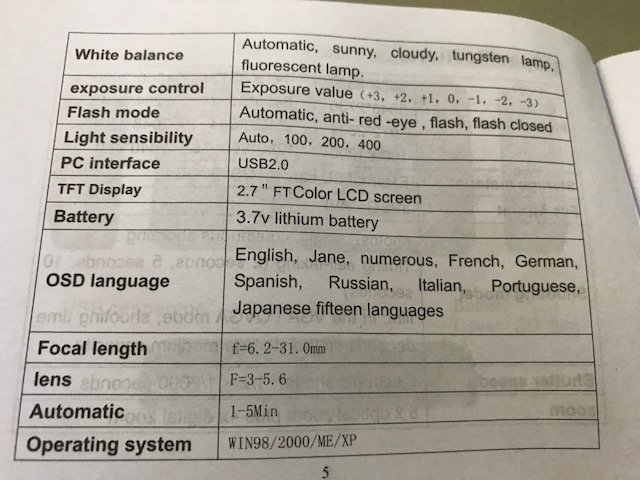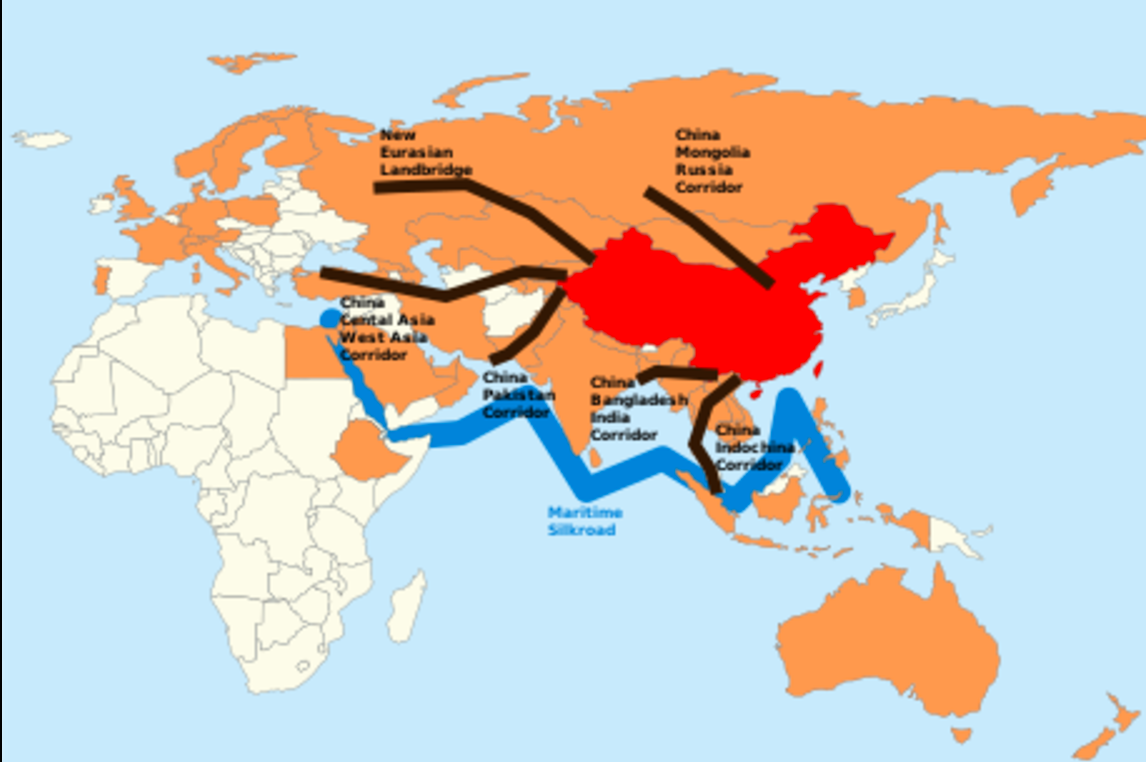Unmasking Slurs
I'm sympathetic to many of the arguments offered in a guest post by Robert Henderson, Peter Klecha, and Eric McCready (HK&M) in response to Geoff Pullum's post on "nigger in the woodpile," no doubt because they are sympathetic to some of the things I said in my reply to Geoff. But I have to object when they scold me for spelling out the word nigger rather than rendering it as n****r. It seems to me that "masking" the letters of slurs with devices such as this is an unwise practice—it reflects a misunderstanding of the taboos surrounding these words, it impedes serious discussion of their features, and most important, it inadvertently creates an impression that works to the advantage of certain racist ideologies. I have to add that it strikes me that HK&M's arguments, like a good part of the linguistic and philosophical literature on slurs, suffer from a certain narrowness of focus, a neglect both of the facts of actual usage of these words and the complicated discourses that they evoke. So, are you sitting comfortably?
Read the rest of this entry »





